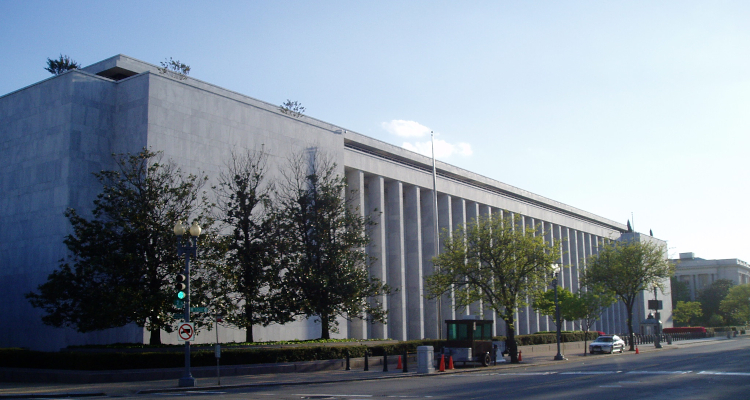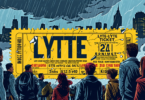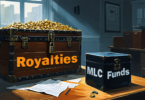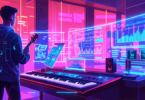Washington, D.C.’s James Madison Memorial Building, which houses the U.S. Copyright Office.
The U.S. Copyright Office (USCO) has officially doubled down on its refusal to issue a copyright for art that was created by artificial intelligence (AI).
The USCO’s Review Board, which “hears final administrative appeals of refusals of copyright registration,” just recently ruled on the copyright status of the art – a two-dimensional image entitled “A Recent Entrance to Paradise” – in its first decision of 2022.
To recap the years-long attempt to copyright the artwork, a colorful depiction of an overgrown train track and surrounding structure, one Steven Thaler filed the corresponding application back in November of 2018. Having identified the art’s author as “Creativity Machine,” Thaler also listed himself as the claimant, citing “‘ownership of the machine’” in a transfer statement.
Additionally, Thaler indicated that the art had been “‘autonomously created by a computer algorithm running on a machine’” and that he was “’seeking to register this computer-generated work as a work-for-hire to the owner of the Creativity Machine,’” per the USCO’s recently published verdict.
Then, August of 2019 saw the USCO reject the application, maintaining that the artificial intelligence art lacked “‘the human authorship necessary to support a copyright claim.’” Thaler in a September of 2019 letter called the human-authorship requirement “‘unconstitutional’” and requested that the USCO reconsider the decision.
Subsequently, March of 2020 brought with it a second rejection from the Copyright Office, which reiterated the lack of human authorship and emphasized that “it would not ‘abandon its longstanding interpretation of the Copyright Act, Supreme Court, and lower court judicial precedent that a work meets the legal and formal requirements of copyright protection only if it is created by a human author,’” according to the Review Board’s decision.
Finally, regarding the multifaceted matter’s background, the USCO said that Thaler is calling for “a second request for reconsideration,” largely reiterating the points made in the first request. Now, some two years after the second rejection, the Review Board itself has refused to issue a copyright for “A Recent Entrance to Paradise.”
“Thaler must either provide evidence that the Work is the product of human authorship or convince the Office to depart from a century of copyright jurisprudence,” the seven-page ruling states after citing several statutes. “He has done neither.”
From there, the detail-oriented decision cites further case law, stating that the Supreme Court has “uniformly limited copyright protection to creations of human authors” when interpreting the Copyright Act, while lower courts “have repeatedly rejected attempts to extend copyright protection to non-human creations.”
“Much of Thaler’s second request amounts to a policy argument in favor of legal protection for works produced solely by artificial intelligence,” the text concludes. “He cites to no case law or other precedent that would undermine the Office’s construction of the Copyright Act. Because copyright law as codified in the 1976 Act requires human authorship, the Work cannot be registered.”
The clear-cut findings of the USCO’s Review Board are worth bearing in mind moving forward, as artificial intelligence appears poised to play an increasingly significant role in the music-creation process.
For example, Aimi, which utilizes AI and artist-crafted beats to create music based upon users’ preferences, announced a $20 million round in November. Apple earlier this month bought London-headquartered AI Music, and some bots can instantly craft song lyrics by analyzing artists’ past releases.
Source: Digital Music News









